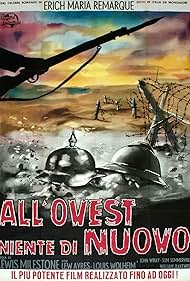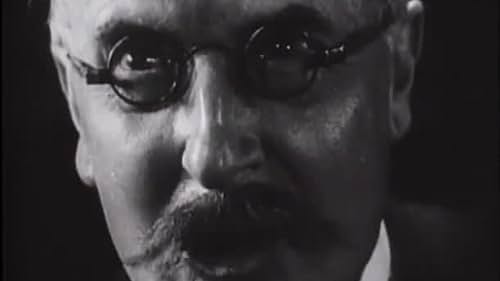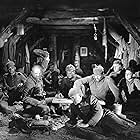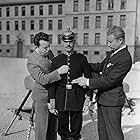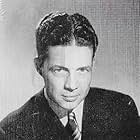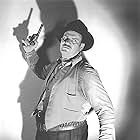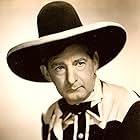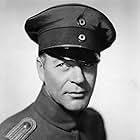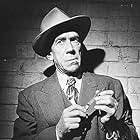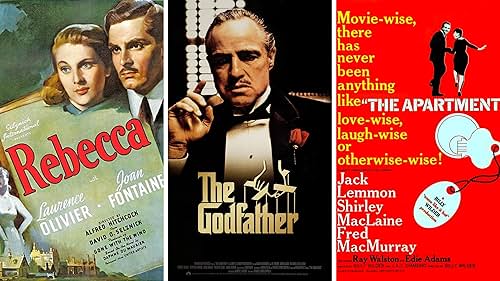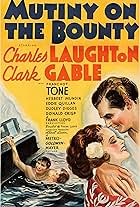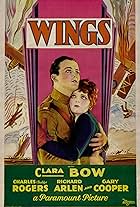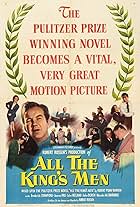VALUTAZIONE IMDb
8,1/10
68.836
LA TUA VALUTAZIONE
Un giovane soldato affronta una profonda disillusione durante la devastante prima guerra mondiale.Un giovane soldato affronta una profonda disillusione durante la devastante prima guerra mondiale.Un giovane soldato affronta una profonda disillusione durante la devastante prima guerra mondiale.
- Vincitore di 2 Oscar
- 7 vittorie e 2 candidature totali
Ben Alexander
- Kemmerich
- (as Kemmerick)
Walter Rogers
- Behn
- (as Walter Browne Rogers)
Slim Summerville
- Tjaden
- (as 'Slim' Summerville)
G. Pat Collins
- Bertinck
- (as Pat Collins)
Zasu Pitts
- Frau Bäumer - Silent Version Trailer only
- (scene tagliate)
Ernie Adams
- 2nd Medic Orderly
- (non citato nei titoli originali)
Best Picture Winners by Year
Best Picture Winners by Year
See the complete list of Best Picture winners. For fun, use the "sort order" function to rank by IMDb rating and other criteria.
Trama
Lo sapevi?
- QuizWith the loss of limbs and gory deaths shown rather explicitly, this is undoubtedly the most violent American film of its time. This is because the Production Code was not strictly enforced until 1934 and also because Universal Pictures deemed the subject matter important enough to allow the violence to be seen. The scene where a soldier grabs a strand of barbed wire and then is blown up by an artillery shell, leaving only his hands still grabbing the barbed wire, was told to director Lewis Milestone by a former German soldier working as an extra, who saw that happen during a French attack on his position during the war. Milestone used it in the film.
- BlooperWhen Paul talks to the dead soldier in the pit, the soldier is breathing visibly and at one point his eyes blink.
- Citazioni
Paul Bäumer: You still think it's beautiful to die for your country. The first bombardment taught us better. When it comes to dying for country, it's better not to die at all.
- Curiosità sui creditiLater reissues of the film mentioned that the film was an Academy Award winner in the opening credits.
- Versioni alternativeThe Library of Congess also restored a sound version, 133 minutes long, which is the version occasionally shown on American TV.
- ConnessioniEdited into I ragazzi della via Paal (1934)
Recensione in evidenza
As I write, this is probably the oldest film I've currently seen (I haven't seen too many flicks pre-1950s - shameful, I know), but one that still holds astonishingly well to this day; a poignant and hard-hitting anti-war drama that details life in the German side of the trenches of WWI, it has lost none of its knuckle since it first veered onto the screens nearly 75 years ago. It makes its point and pulls no punches doing so, illustrating the impersonal coldness of war and the desolation in rendering an 'enemy' of someone who you'd really have no issues with on an individual basis. This message is particularly well-captured in one especially harrowing scene - I won't divulge in the details, for the sake of those still yet to witness this masterpiece, but needless to say, it's a real tear-jerker. The war depicted here is not one of glory and heroism, but one of hardship, horror and desperation.
(Also, isn't it kinda eerie how those dramatic battle sequences, in which the opposing soldiers become little more than human targets, now, with retrospect, echo the vicious gameplay of a shoot-em-up video game?)
The only really noticeable problem with this film comes in the heavy use of US accents, which clash somewhat with the German setting and therefore sound just a little offbeat. Nonetheless, the well-assembled cast more than compensate with some truly impassioned performances, notably from Lew Ayres, who is simply brilliant as Paul, the young protagonist coming of age in this harsh environment. His friendship with long-time solider Katczinsky adds moments of warmth as well as sorrow, and the dialogue exchanged between the close-knit group of soldiers is both absorbing and believable, drawing you closer into their world and experiencing their own frustration and disillusionment along with them. Right from the start, we know what's inevitable for the optimistic young soldiers as they head out to the trenches, but at the same time we value their hope and innocence and yearn that they might be able to retain it all the same, making it all the more tragic as the events of the battlefield lay waste to their youthful spirits.
With its gripping direction and powerful imagery, it's a film that manages to leave a considerable imprint on the viewer, and I speak from experience on that one - upon reaching the end, both myself and the entire party I viewed it with were left speechless, and it took a good couple of minutes before any of us could pluck up the courage to break that uneasy silence. I don't know for sure when I'll be up for watching it a second time, but that final feeling certainly won't be going away from me any time soon, and I can almost guarantee this the kind of film you'll be glad for watching at least once. 'All Quiet on the Western Front' remains one of the must-see movies of its decade, and it's easy to see why, after all this time, it still has such a firm hold on that classic status - it may have arrived on the scene as far back as 1930, but its emotive edge is timeless.
Grade: A+
(Also, isn't it kinda eerie how those dramatic battle sequences, in which the opposing soldiers become little more than human targets, now, with retrospect, echo the vicious gameplay of a shoot-em-up video game?)
The only really noticeable problem with this film comes in the heavy use of US accents, which clash somewhat with the German setting and therefore sound just a little offbeat. Nonetheless, the well-assembled cast more than compensate with some truly impassioned performances, notably from Lew Ayres, who is simply brilliant as Paul, the young protagonist coming of age in this harsh environment. His friendship with long-time solider Katczinsky adds moments of warmth as well as sorrow, and the dialogue exchanged between the close-knit group of soldiers is both absorbing and believable, drawing you closer into their world and experiencing their own frustration and disillusionment along with them. Right from the start, we know what's inevitable for the optimistic young soldiers as they head out to the trenches, but at the same time we value their hope and innocence and yearn that they might be able to retain it all the same, making it all the more tragic as the events of the battlefield lay waste to their youthful spirits.
With its gripping direction and powerful imagery, it's a film that manages to leave a considerable imprint on the viewer, and I speak from experience on that one - upon reaching the end, both myself and the entire party I viewed it with were left speechless, and it took a good couple of minutes before any of us could pluck up the courage to break that uneasy silence. I don't know for sure when I'll be up for watching it a second time, but that final feeling certainly won't be going away from me any time soon, and I can almost guarantee this the kind of film you'll be glad for watching at least once. 'All Quiet on the Western Front' remains one of the must-see movies of its decade, and it's easy to see why, after all this time, it still has such a firm hold on that classic status - it may have arrived on the scene as far back as 1930, but its emotive edge is timeless.
Grade: A+
I più visti
Accedi per valutare e creare un elenco di titoli salvati per ottenere consigli personalizzati
- How long is All Quiet on the Western Front?Powered by Alexa
Dettagli
- Data di uscita
- Paese di origine
- Lingue
- Celebre anche come
- All Quiet on the Western Front
- Luoghi delle riprese
- Aziende produttrici
- Vedi altri crediti dell’azienda su IMDbPro
Botteghino
- Budget
- 1.200.000 USD (previsto)
- Tempo di esecuzione2 ore 32 minuti
- Colore
Contribuisci a questa pagina
Suggerisci una modifica o aggiungi i contenuti mancanti

Divario superiore
What is the streaming release date of All'ovest niente di nuovo (1930) in Mexico?
Rispondi